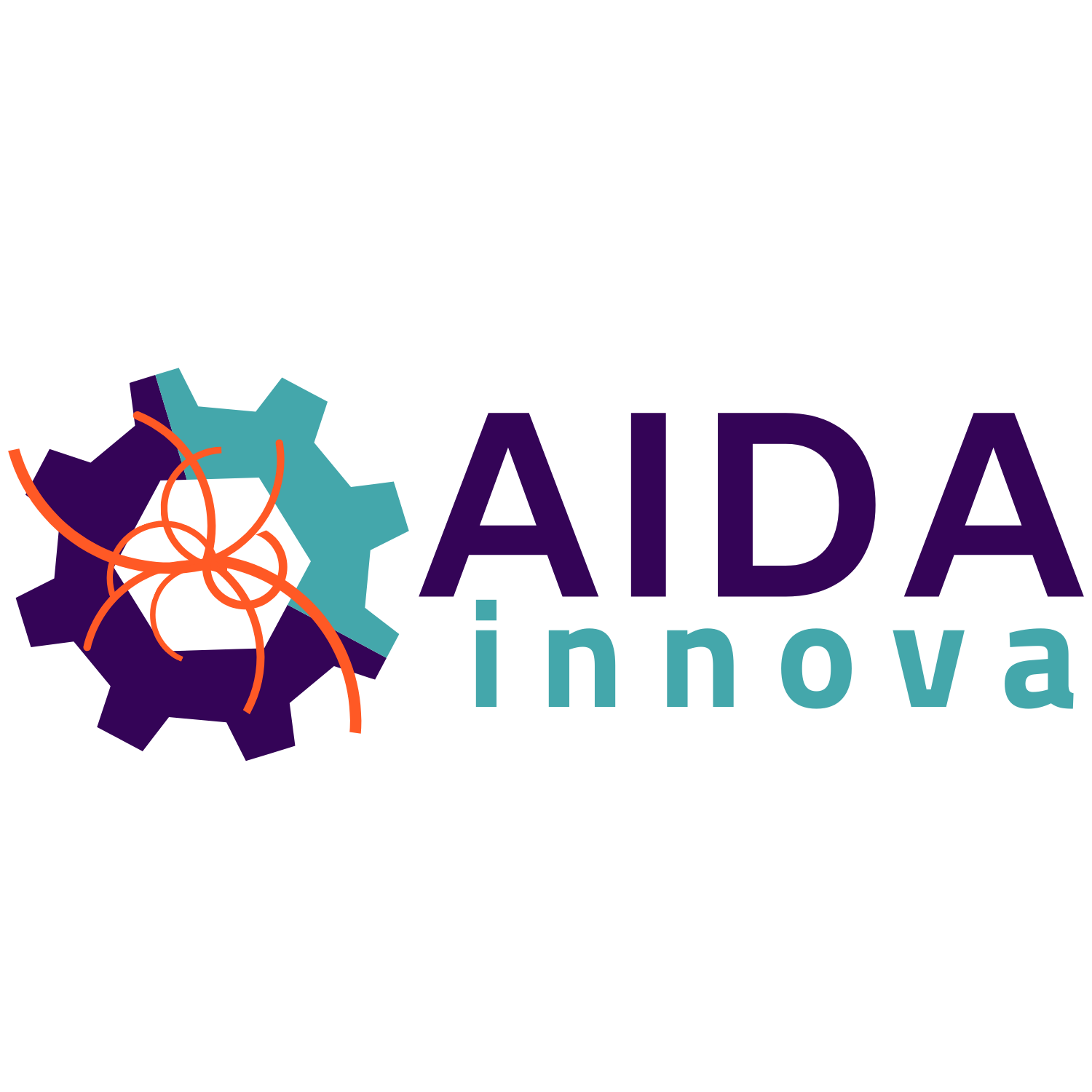OUR TEAM
Editors:
Thomas Brent (CERN)
Antoine Laudrain (DESY)
Editorial Board:
Daniela Bortoletto (Oxford)
Paolo Giacomelli (INFN)
Felix Sefkow (DESY)
Newsletter
Welcome to On Track
On Track is the AIDAinnova newsletter. With news articles published regularly and a quarterly email summary, On Track provides announcements and results from and to the AIDAinnova and the wider detector communities. On Track is produced by a collaboration between CERN and DESY.

OUR TEAM
Editors:
Thomas Brent (CERN)
Antoine Laudrain (DESY)
Editorial Board:
Daniela Bortoletto (Oxford)
Paolo Giacomelli (INFN)
Felix Sefkow (DESY)

